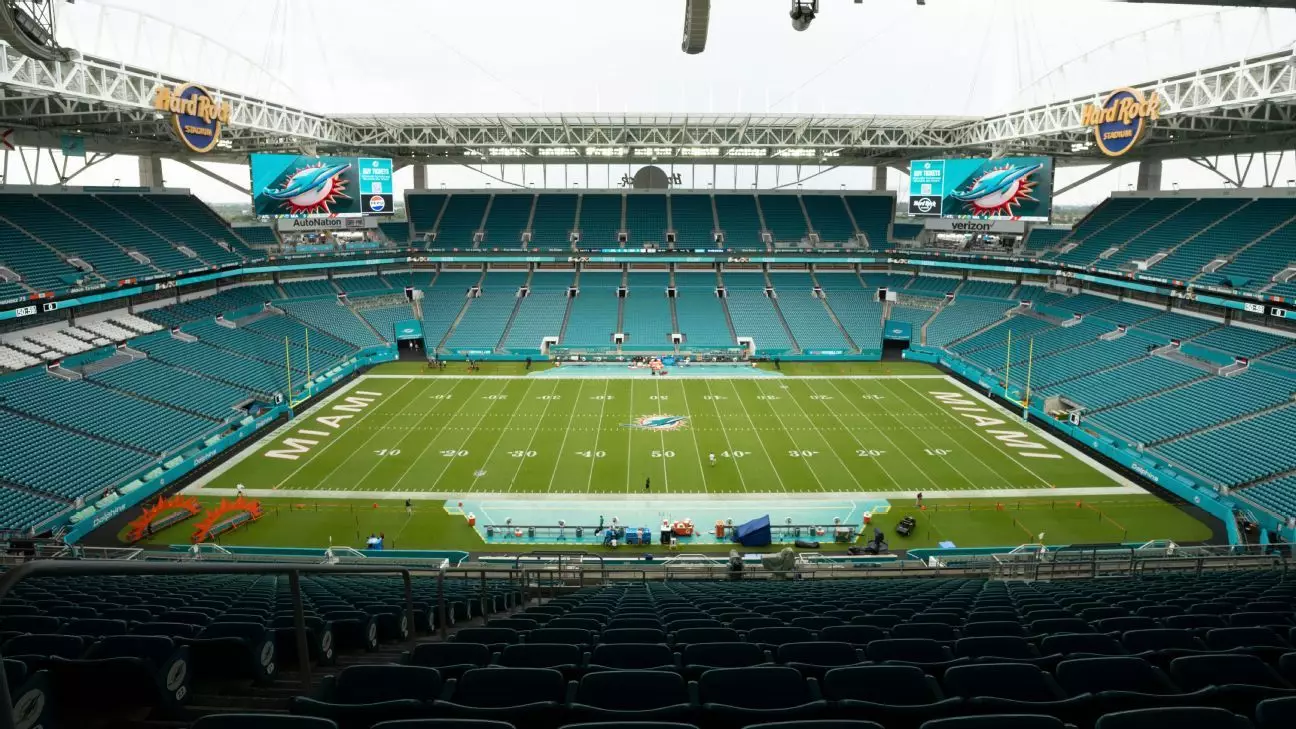LaLiga’s ambitious endeavor to stage a match between Barcelona and Atlético Madrid in Miami seems to be gaining momentum, but several hurdles remain. This isn’t a spontaneous decision; it’s the culmination of years of trying to introduce a high-profile LaLiga fixture to the United States. Historically, such plans have been met with significant resistance from various governing bodies, including FIFA, the Spanish Football Federation (RFEF), and U.S. Soccer. The crux of these objections often revolved around concerns over the integrity of domestic leagues and the potential repercussions of introducing non-local matches.
However, reports suggest that attitudes among some of these organizations may be softening, especially in light of recent developments. A crucial factor in this thawing dynamic arises from a landmark antitrust ruling by the U.S. Supreme Court, which favored Relevent Sports Group, a key player in promoting international soccer events. This ruling has paved the way for discussions about the potential for league matches in the U.S., something that was previously thought to be an unattainable dream.
Despite the apparent easing of resistance, logistical complexities still pose significant challenges to the plan. The looming question is whether the RFEF will be able—or willing—to authorize the match, especially as the governing body is currently without a permanent president. While it is suggested that the interim board might have the authority to sanction such an event, the intricacies surrounding governance in sports often delay decisions that would otherwise seem straightforward.
It’s also essential to consider the involved parties—the two clubs themselves. Barcelona and Atlético Madrid have both shown prior interest in participating in international matches, as evidenced by their engagement in earlier discussions about U.S. games. Nevertheless, setbacks in those earlier ventures indicate that mere interest is insufficient; the clubs will have to navigate their stakeholders’ sentiments and align their operational readiness with complicated international regulations.
Given that any proposed match would also necessitate UEFA’s approval, the absence of dialogue on this front raises further questions. UEFA, as a governing body, plays an influential role in the landscape of European football and can significantly impact LaLiga’s aspirations. The lack of communication from UEFA thus far regarding this initiative leaves a crucial gap in the planning process.
In the broader context, the proposed match could serve as a test case for LaLiga’s ambitions to penetrate the lucrative U.S. sports market. This move isn’t merely about expanding viewership; it’s a calculated attempt to cultivate a global brand that resonates with fans across continents. If successful, it might set a precedent for other leagues looking to explore similar opportunities.
While the prospect of hosting a LaLiga match in Miami is thrilling for fans and stakeholders alike, the reality remains anchored in bureaucracy and keen maneuvering through a complex web of regulations. As LaLiga continues its endeavors, the focus must remain not just on meeting potential resistance with strategic acumen but also on ensuring that the integrity of both clubs and leagues is upheld. The coming weeks will be pivotal in determining whether this ambitious plan can transcend bureaucratic red tape and manifest into a much-anticipated reality.

